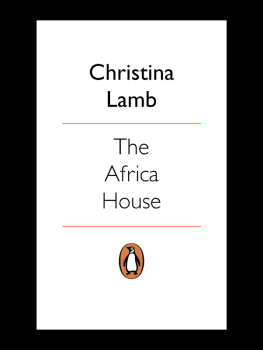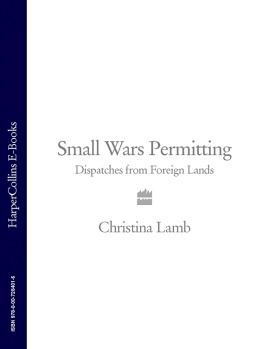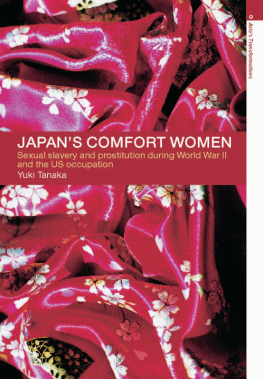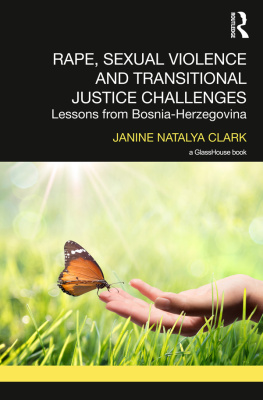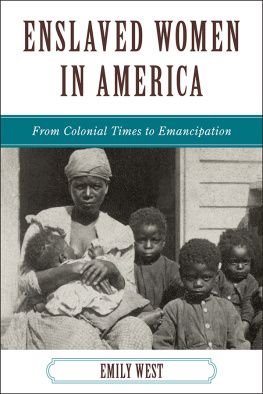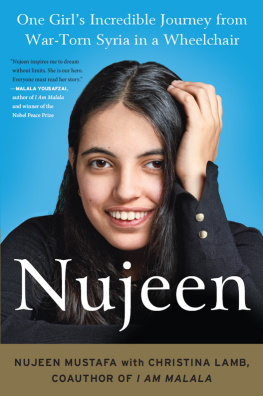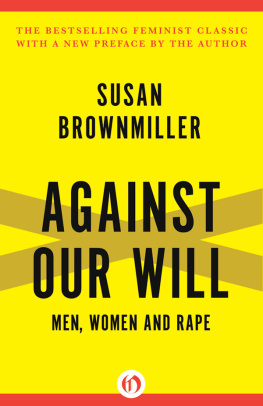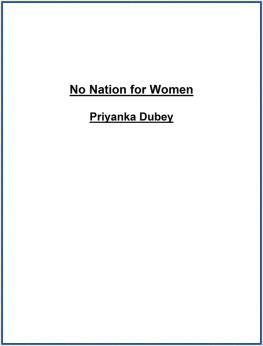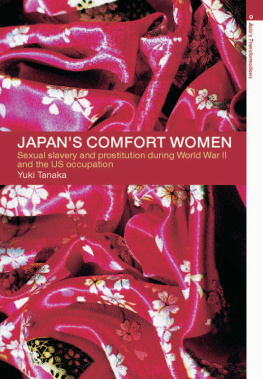William Collins
An imprint of HarperCollinsPublishers,
1 London Bridge Street
London SE1 9GF
WilliamCollinsBooks.com
This eBook first published in Great Britain by William Collins in 2020
Copyright Christina Lamb 2020
Cover image: Two women mourn relatives and friends killed during the Viegrad massacres of Bosnian people in 1992, their bodies dumped in the River Drina. Photographed by Dijana Muminovic at the funeral in Potoari where 775 bodies exhumed from Lake Peruac were buried on 11 July 2010, during the 15th anniversary of the genocide in Srebrenica.
Maps by Martin Brown
Christina Lamb asserts the moral right to be identified as the author of this work
A catalogue record for this book is available from the British Library
All rights reserved under International and Pan-American Copyright Conventions. By payment of the required fees, you have been granted the non-exclusive, non-transferable right to access and read the text of this e-book on screen. No part of this text may be reproduced, transmitted, downloaded, decompiled, reverse engineered, or stored in or introduced into any information storage retrieval system, in any form or by any means, whether electronic or mechanical, now known or hereinafter invented, without the express written permission of HarperCollins e-books.
Source ISBN: 9780008300005
eBook Edition March 2020 ISBN: 9780008300029
Version: 2020-02-12
We have given our most precious thing and have died inside many times but you wont find our names engraved on any monument or war memorial.
Aisha, survivor of rape in the 1971 Bangladesh war





Prologue
They put the names in the bowl and began to draw them out. Ten names, ten girls. The girls quivered like kittens caught under a dripping tap. For them this was no lucky dip. The men pulling out the slips of paper were fighters from Islamic State and each would take a girl as a slave.
Naima stared at her hands, blood pounding in her ears. The girl next to her was younger than her, about fourteen, and mewling with fear, but when Naima tried to hold her hand, one of the men whipped off his belt and lashed them apart.
That man was older and larger than the others, around sixty, she guessed, with a belly cascading over his trousers and a vicious curl to his lips. By then she had been nine months in ISIS captivity. She knew none of them were kind but she prayed that one didnt pick her name.
Naima. The man who read out her name was Abu Danoon. He looked younger, almost like her brother, the hair on his chin still fluff; maybe he would have less cruelty in his heart.
The draw continued. The fat man picked out the young girl next to her. But then he said something to the others in Arabic, pulled out two crisp hundred-dollar notes and slapped them on the table. Abu Danoon shrugged, pocketed the money, and handed over his slip of paper.
Minutes later the fat man was shoving her into his black Land Cruiser and driving through the streets of Mosul, a city she had once dreamed of visiting but which was now the capital of these monsters who had swept into her homeland and abducted her and six of her brothers and sisters, among thousands of others.
She stared through the tinted windows. An old man sitting on a cart was whipping a donkey to jerk it forward, and people were out shopping, though the only women in the streets were in black hijab. It was strange to see everyday life still going on for other people, almost like watching a movie.
Her captor was an Iraqi called Abdul Hasib and he was a mullah. The religious ones were the worst.
He did everything to me, she later recounted. Hitting, sex, pulling my hair, sex, everything I was refusing so he forced me and hit me. He said, You are my sabaya my slave.
After that I just lay there and tried to float my mind above my body as if it was happening to someone else so he couldnt steal all of me.
He had two wives and a daughter but they did nothing to help me. In between pleasing him I would have to do all the housework. Once I was washing dishes and one of the wives came and made me take a tablet some kind of Viagra. They also gave me contraceptives.
Her only respite came every ten days when the mullah went to Syria to visit the other part of their Caliphate.
After a month or so, Abdul Hasib sold her for $4500 to another Iraqi called Abu Ahla, a healthy profit. Abu Ahla ran a cement factory and had two wives and nine children. Two of his sons were fighters with ISIS. It was the same thing, forcing me to have sex but then he took me to the house of his friend Abu Suleiman, and sold me for $8000. Abu Suleiman sold me to Abu Daud who kept me for a week then he sold me to Abu Faisal, who was a bomb maker in Mosul. He kept me for twenty days of raping then sold me to Abu Badr.
In the end she was sold to twelve different men. She lists them one by one, their nom de guerre and real names, even their childrens names, all of which she had committed to memory, for she was determined they would pay.
To be sold like that from one to another as if we were goats was the worst, she said. I tried to kill myself, to throw myself out of a car. Another time I found some tablets and took the lot. But still I woke up. I felt even death didnt want me.
I am writing a book about rape in war. Its the cheapest weapon known to man. It devastates families and empties villages. It turns young girls into outcasts who wish their lives over when they are hardly begun. It begets children who are daily reminders to their mothers of their ordeal and are often rejected by their community as bad blood. And its almost always ignored in the history books.
Every time I think I have heard the worst I can hear, I meet someone like Naima. In jeans and a checked shirt with black trainers, her hazel-brown hair drawn back in a ponytail from a pale scrubbed face, she looked like a teenager, though she was twenty-two and had just turned eighteen when she was captured. We sat on cushions in her neatly swept tent in Khanke camp near the northern Iraqi city of Dohuk, one of row upon row of white tents that had become a home of sorts to thousands of Yazidis. We talked for hours. Once shed started, she did not want to stop. And though sometimes she laughed, telling me of small acts of revenge she managed to inflict on her captors, she never smiled.
Before I left she turned her phone over to show me a passport photo inside the back cover. It was her as a smiling schoolgirl and the only thing she had left from a childhood in which she had never heard of the word rape. I need to believe I am still that girl, she said.
Maybe you think of rape as something that has always happened in war, that goes along with pillage. Ever since man has gone to war he has helped himself to the women, whether to humiliate his enemy, wreak revenge, satisfy his lust, or just because he can indeed rape is so common in war that we speak of the rape of a city to describe its wanton destruction.



